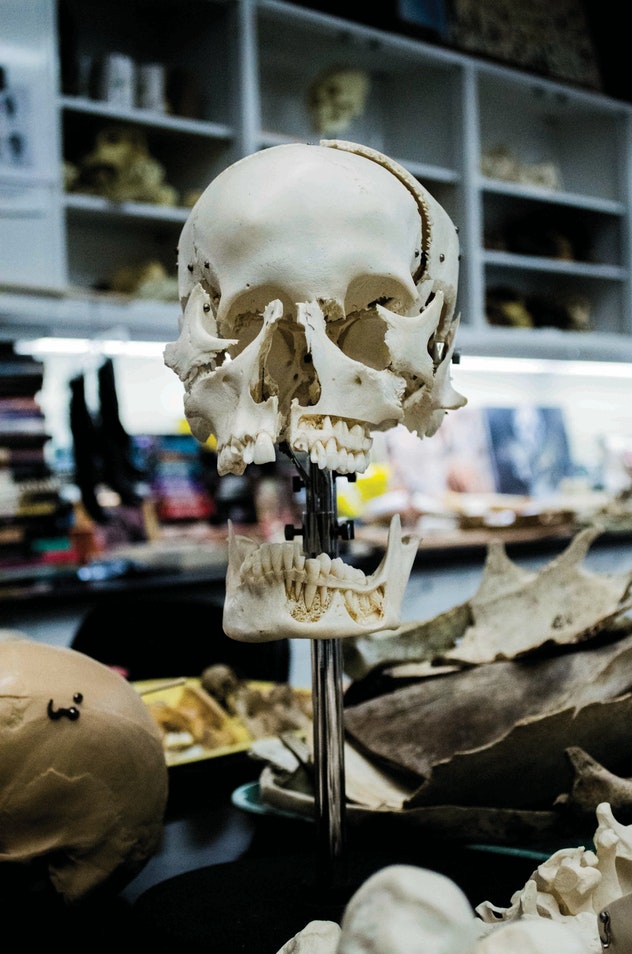 Forensic pharmacy is an application of the sciences of drugs to legal issues. Forensic pharmacists engage in work relating to litigation, the regulatory process, and the criminal justice system. Forensic pharmacy overlaps with many other forensic fields.
Forensic pharmacy is an application of the sciences of drugs to legal issues. Forensic pharmacists engage in work relating to litigation, the regulatory process, and the criminal justice system. Forensic pharmacy overlaps with many other forensic fields.
Pharmacists hold a variety of positions with local, state, and federal governments. Many pharmacists do freelance work as forensic litigation consultants. A forensic pharmacist can be a valuable resource in legal cases relating to malpractice, adverse drug reactions, drunk and drugged driving, health care fraud, poisoning, and numerous other types of civil and criminal cases.
At the government level, holding both of these degrees will open doors at the Drug Enforcement Administration (DEA) or Food and Drug Administration (FDA). At the local level, a forensic pharmacist may work in a law firm investigating malpractice lawsuits or work with the state board of pharmacy. Also any agency that is working to raise awareness of the prescription drug epidemic would benefit from someone who holds both degrees.
The pharmacy/forensic science dual degree option provides students with a Bachelor of Science in Forensic Science. Students will start in their first year and will have interwoven courses through all four years. As a student pursuing forensic science as a second degree, you will be assigned a secondary (forensic program) faculty adviser to assist with your academic plan and to guide you through the courses/program. You will not be charged additional tuition up to 18 credit hours per semester.
If you have any further questions about the Pharm.D./forensic science dual degree, please contact:
Philip W. Lucas,Ph.D.
Associate Professor of Criminal Justice and Forensic Science
[email protected]
419-434-4308